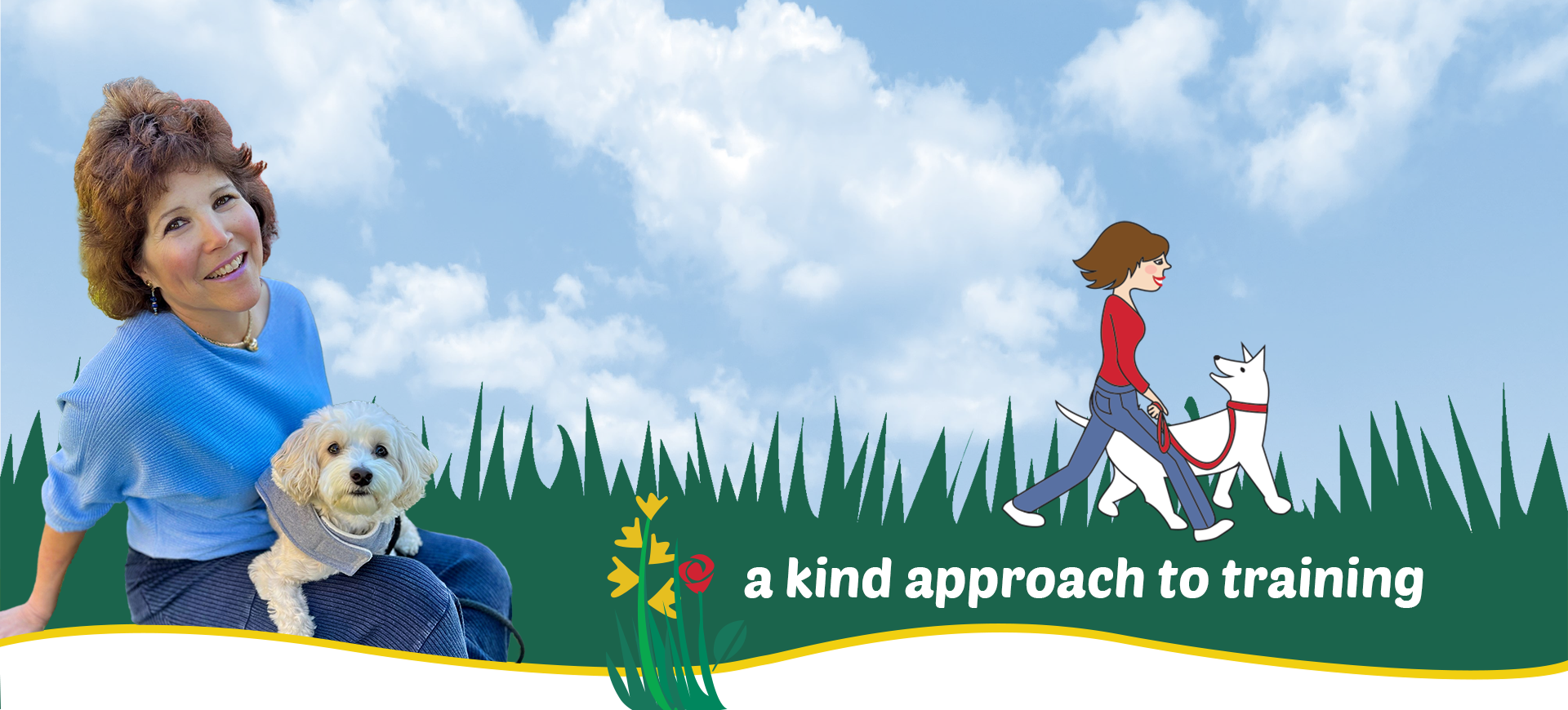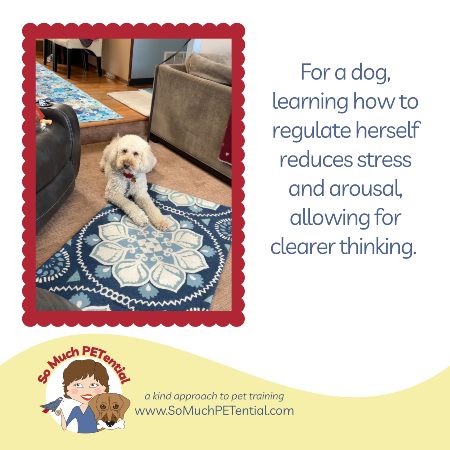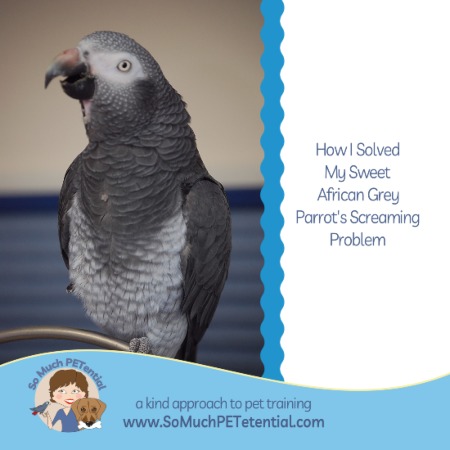“Our learners should respond to requests because they have the skills and motivation to do so, and not because they are forced to behave in order to avoid punishment.” ~ Dr. Susan Friedman. I love this quote from Dr. Friedman. This quote about teaching talks to me on so many levels as it relates to dog training, parrot training, and training any other species.
 Training is teaching. It is about helping our students or learners (whether our pets, other captive animals or people) to behave in ways that will be beneficial to them, to their greater world, and possibly to your relationship with them. It is about adding to that learner’s quality of life, to helping that learner grow, and to lower stress. It can also be about survival.
Training is teaching. It is about helping our students or learners (whether our pets, other captive animals or people) to behave in ways that will be beneficial to them, to their greater world, and possibly to your relationship with them. It is about adding to that learner’s quality of life, to helping that learner grow, and to lower stress. It can also be about survival.
Think about that. Those are a lot of powerful reasons for learning. And reasons for teaching.
None of us enjoy learning from those who use coercion or other forms of aversive punishment. When we have been subjected to that type of teaching, more than likely, when we modify our behavior, it is only to change just enough to avoid the negative. There is no love of learning. No enthusiasm. No pushing ourself to do more, be more.
There also more than likely is no warm and fuzzy feeling for who or what was the source of that punishment. I know personally I have always had higher performance when I have worked with or beside someone who has focused on my strengths rather than my weaknesses. I have not performed up to my potential when it has been around or for someone who has been critical, looking to find faults.
I see this in the care of non-human animals as well. I have seen dogs that have begun lunging, growling, even biting because they have been forced to comply with situations that are discomforting. I have seen companion birds bite when unwanted hands do not move away. I’ve seen animals shut down because they the stress of potential force or other punishment is too stressful.
The American Veterinary Society of Animal Behavior (AVSAB) has even issued a position statement against the use of punishment-based training.
In part, it reads, “ AVSAB’s position is that punishment (e.g. choke chains, pinch collars, and electronic collars) should not be used as a first-line or early-use treatment for behavior problems. This is due to the potential adverse effects which include but are not limited to: inhibition of learning, increased fear-related and aggressive behaviors, and injury to animals and people interacting with animals.“
How wonderful it would be if all of us try to see our role as positive motivators, mentors, and friends to the animals (human and non-human) within our care.
Ask yourself, does that learner have the skills needed to do the preferred behavior? How can you teach those skills in a way that will motivate your learner to WANT TO learn from you? Is there a way that you can manage the environment to make the less preferred behavior choice less likely?
Let’s BE the teacher WE want to learn from!







